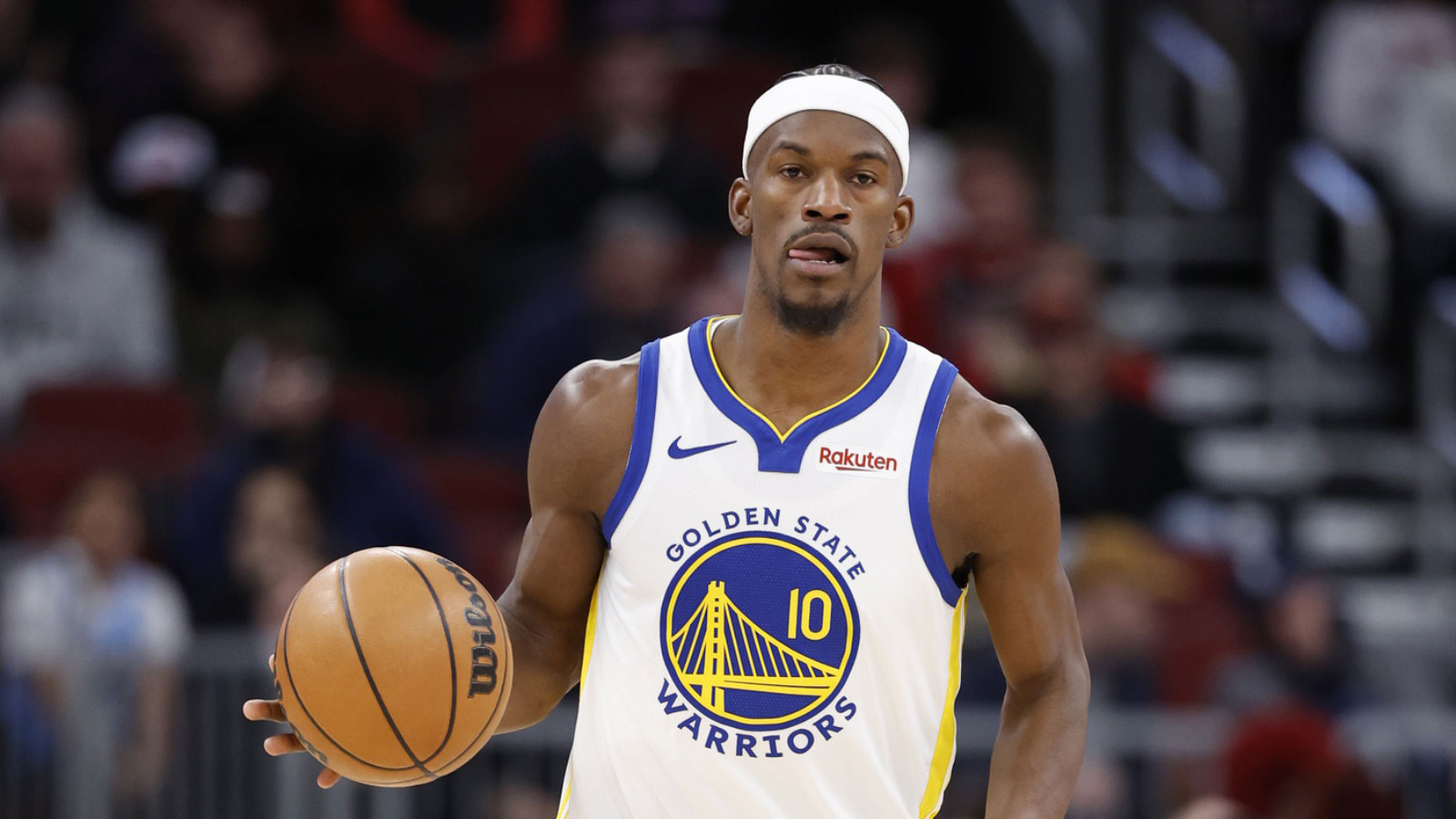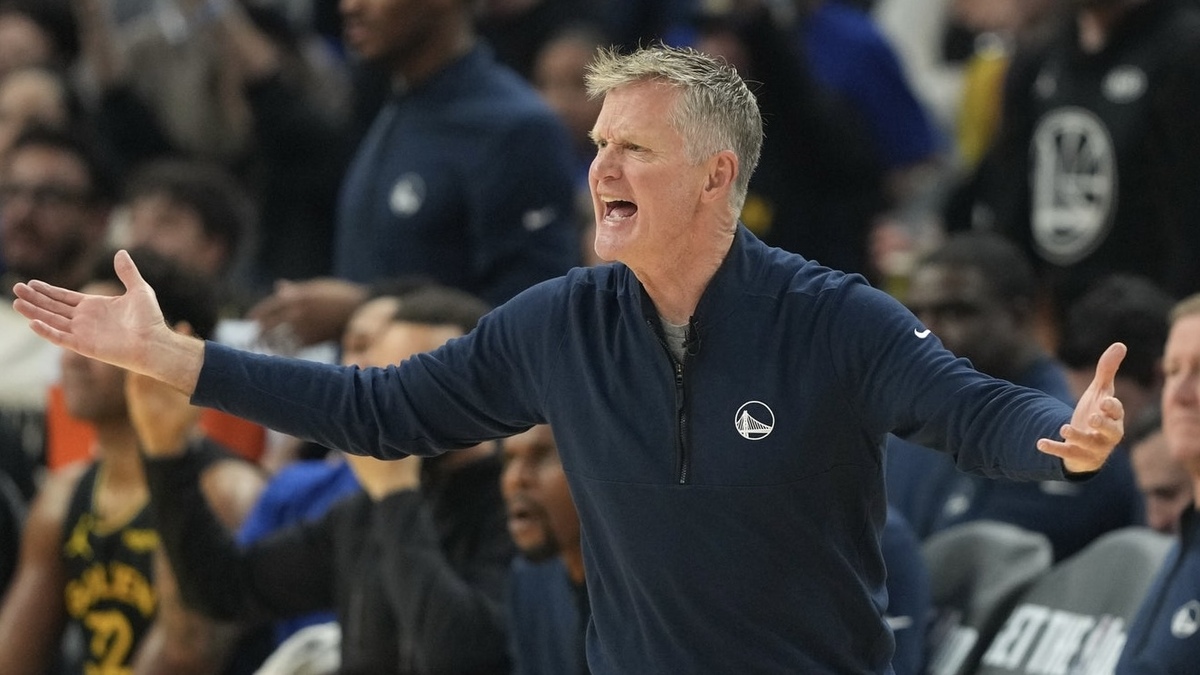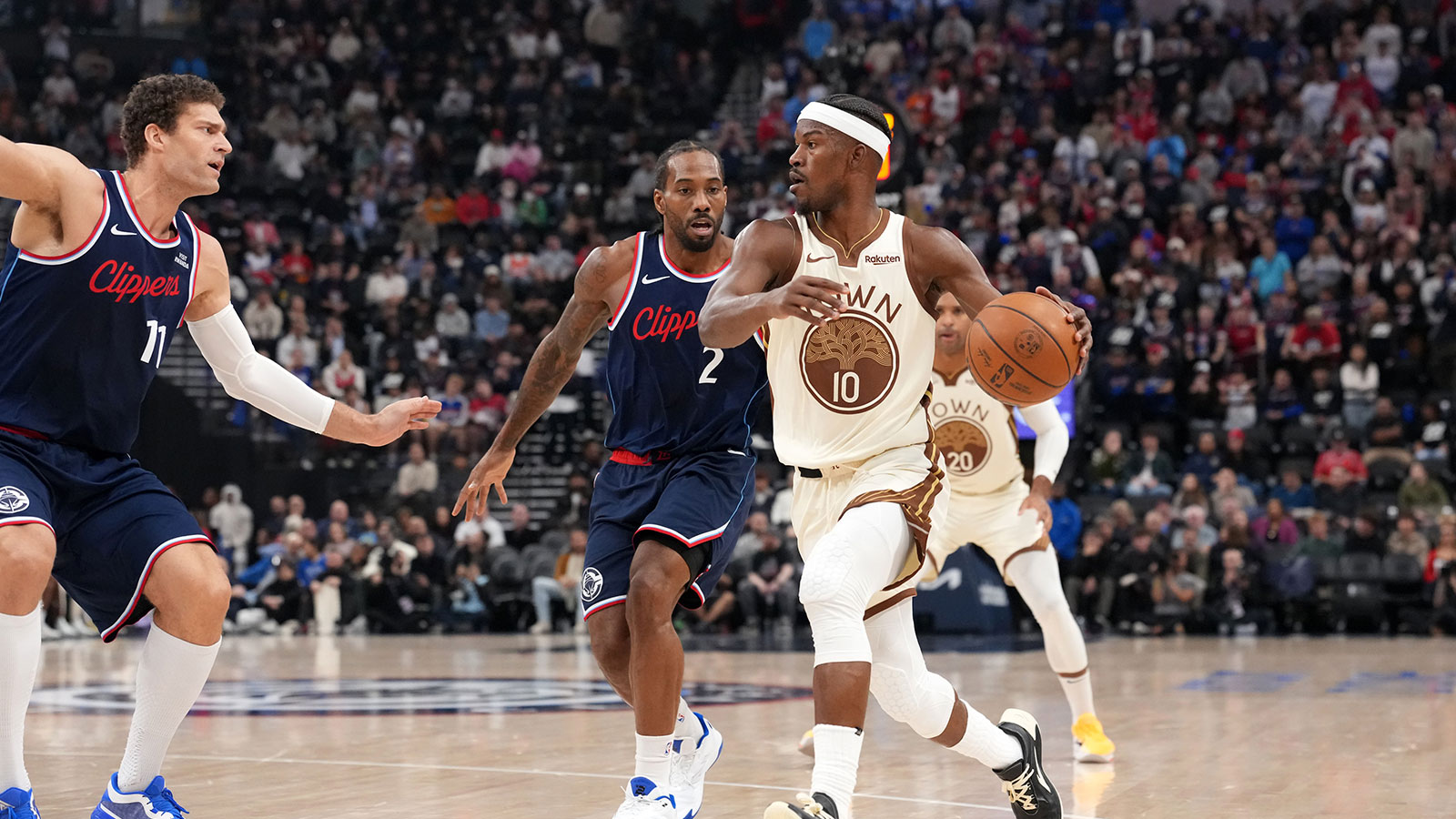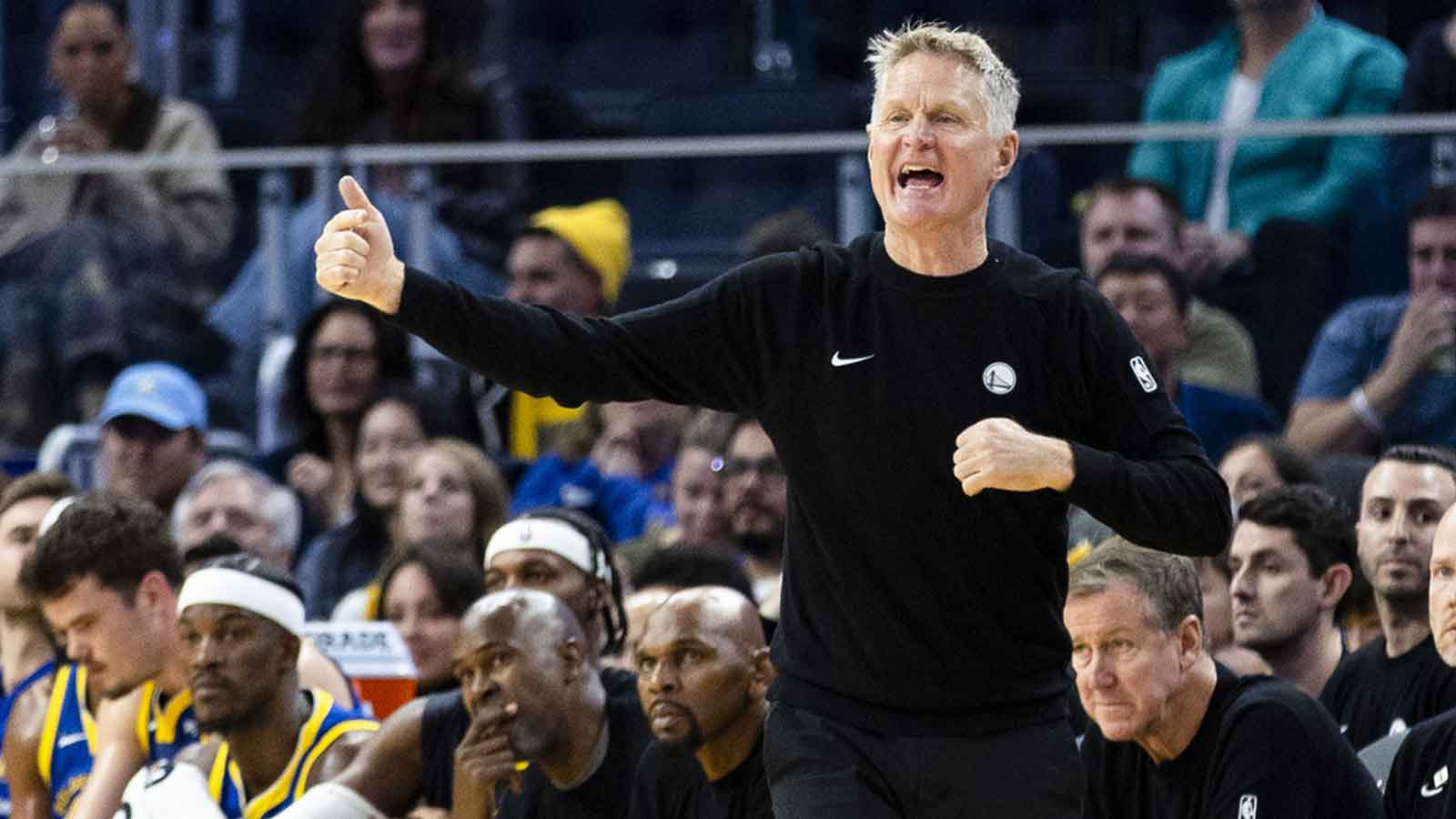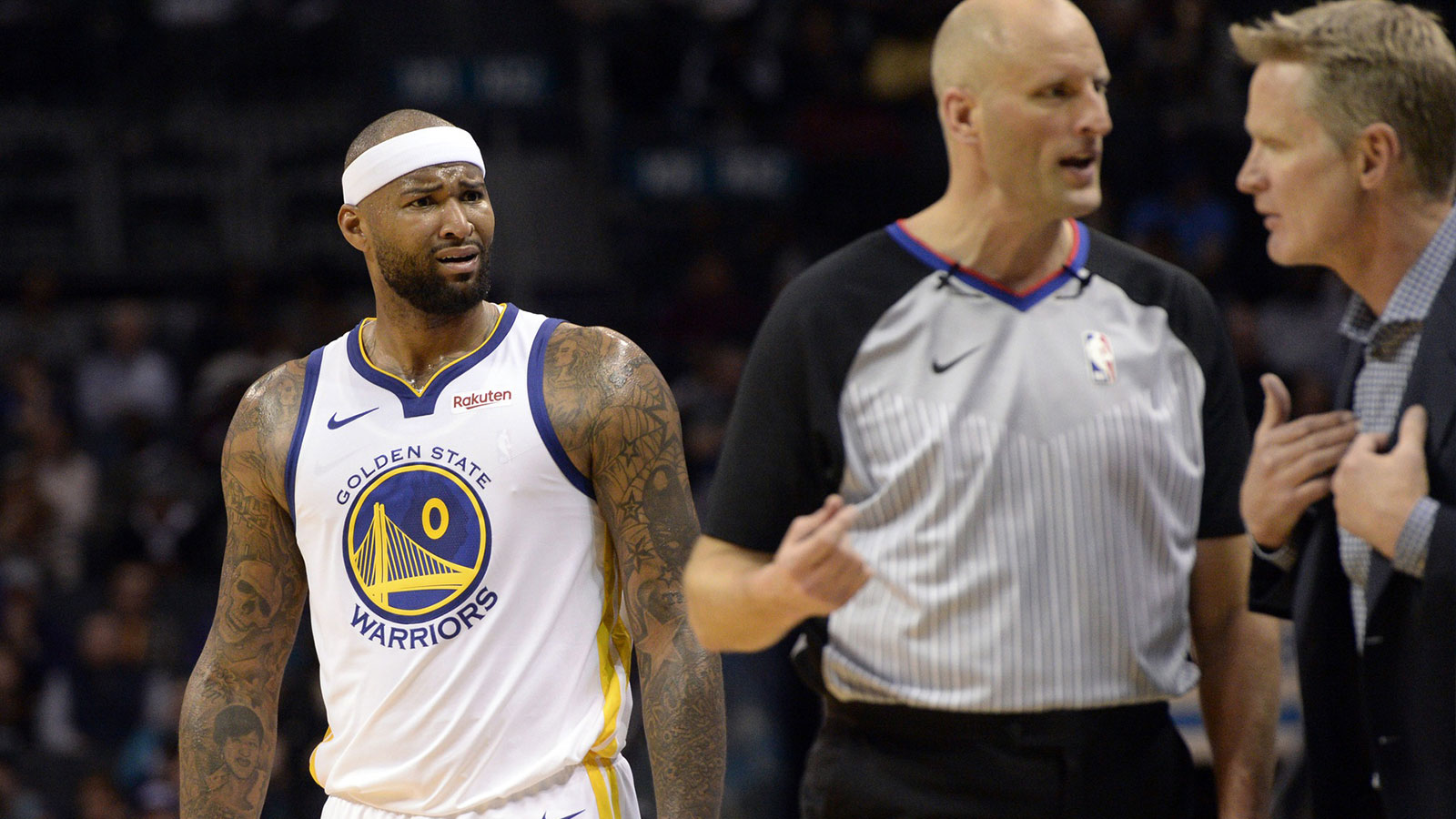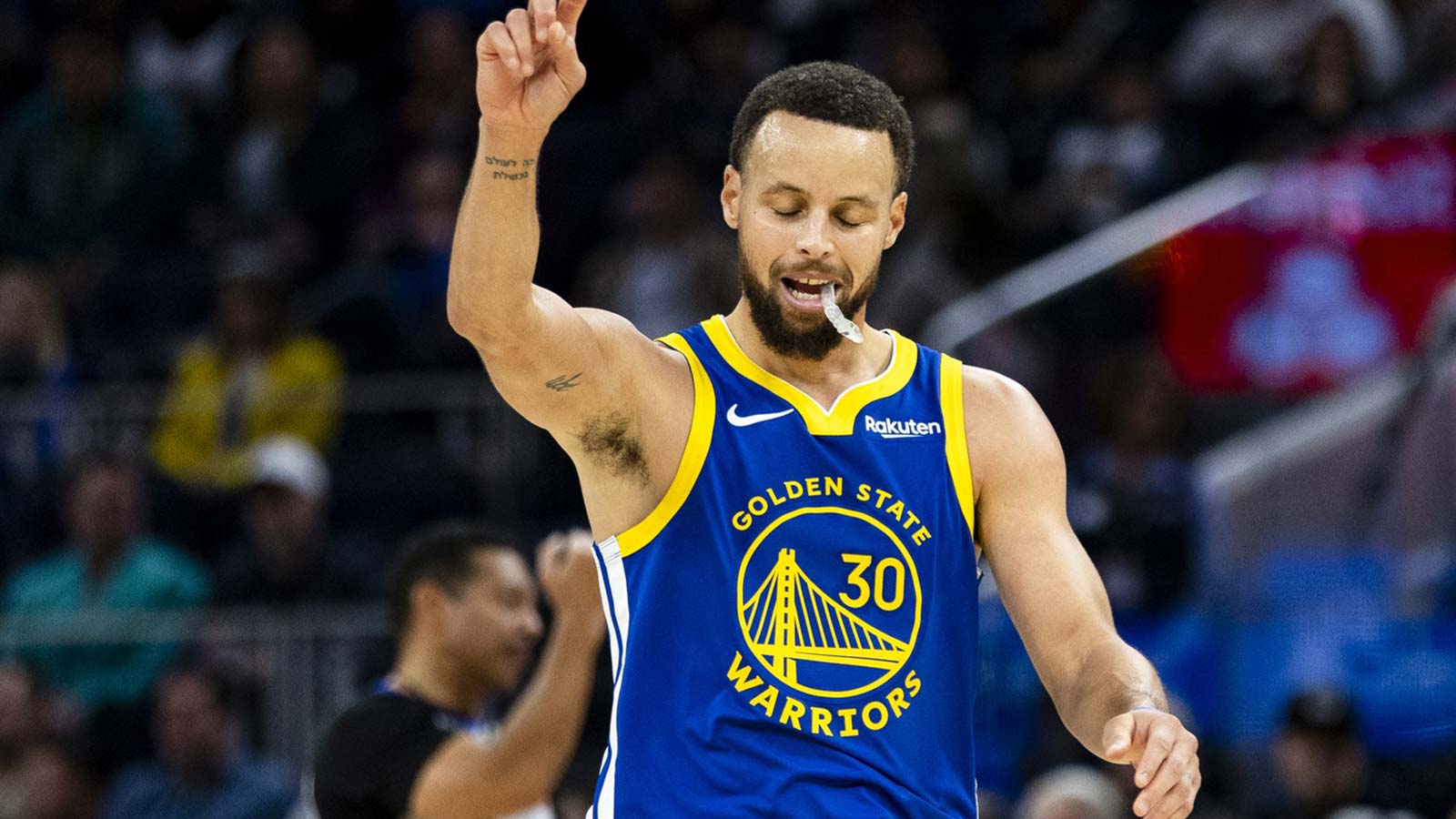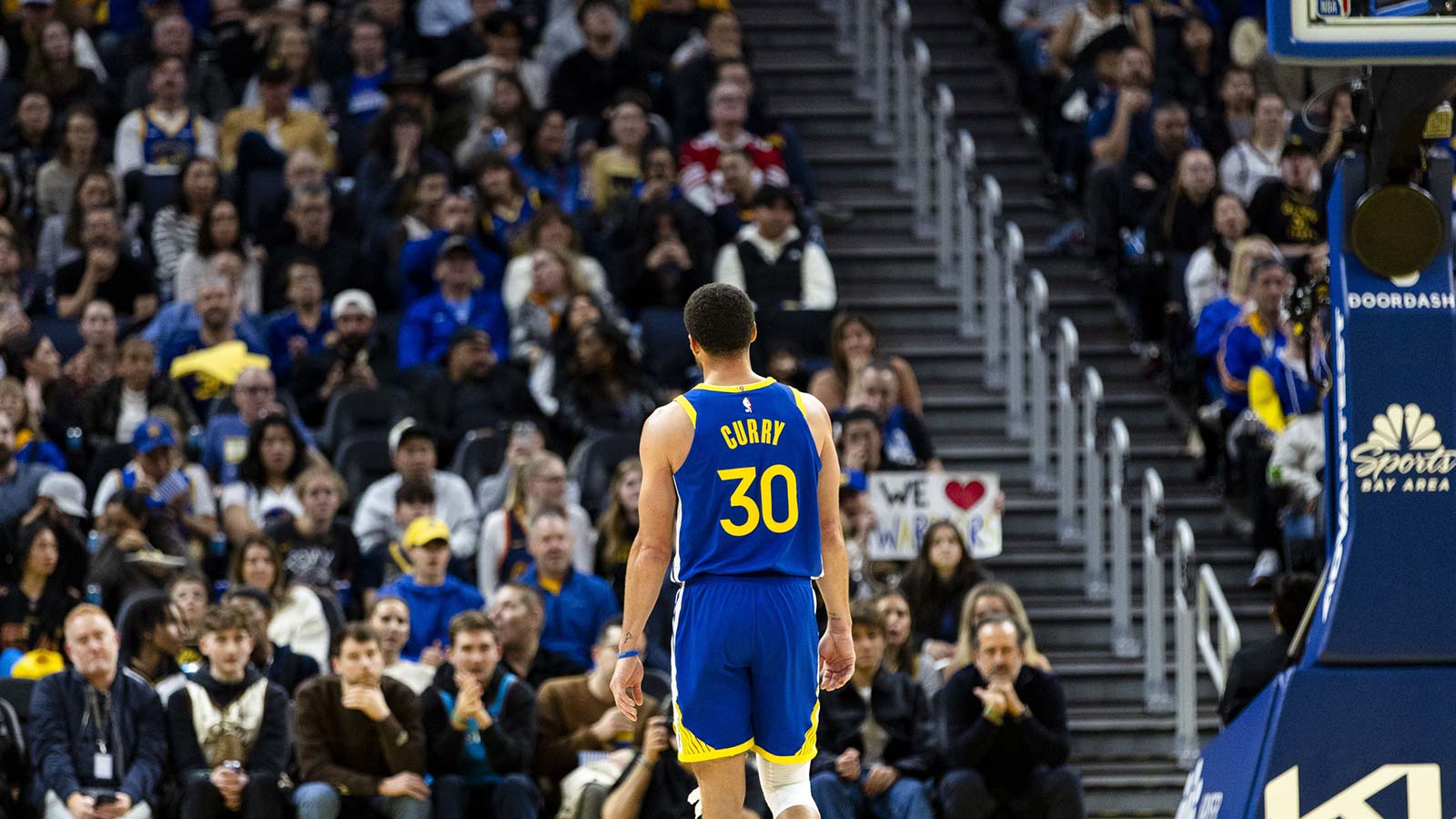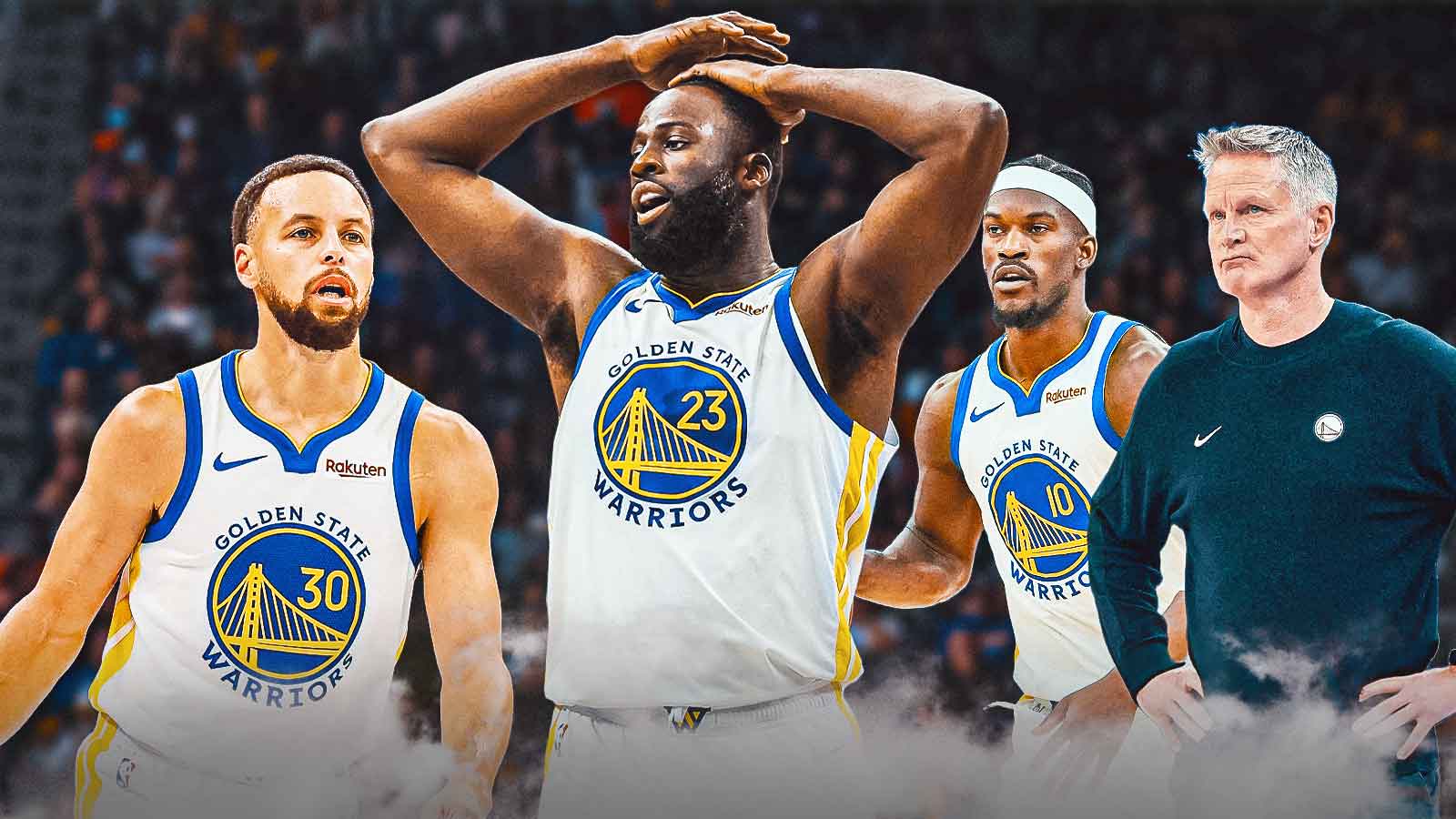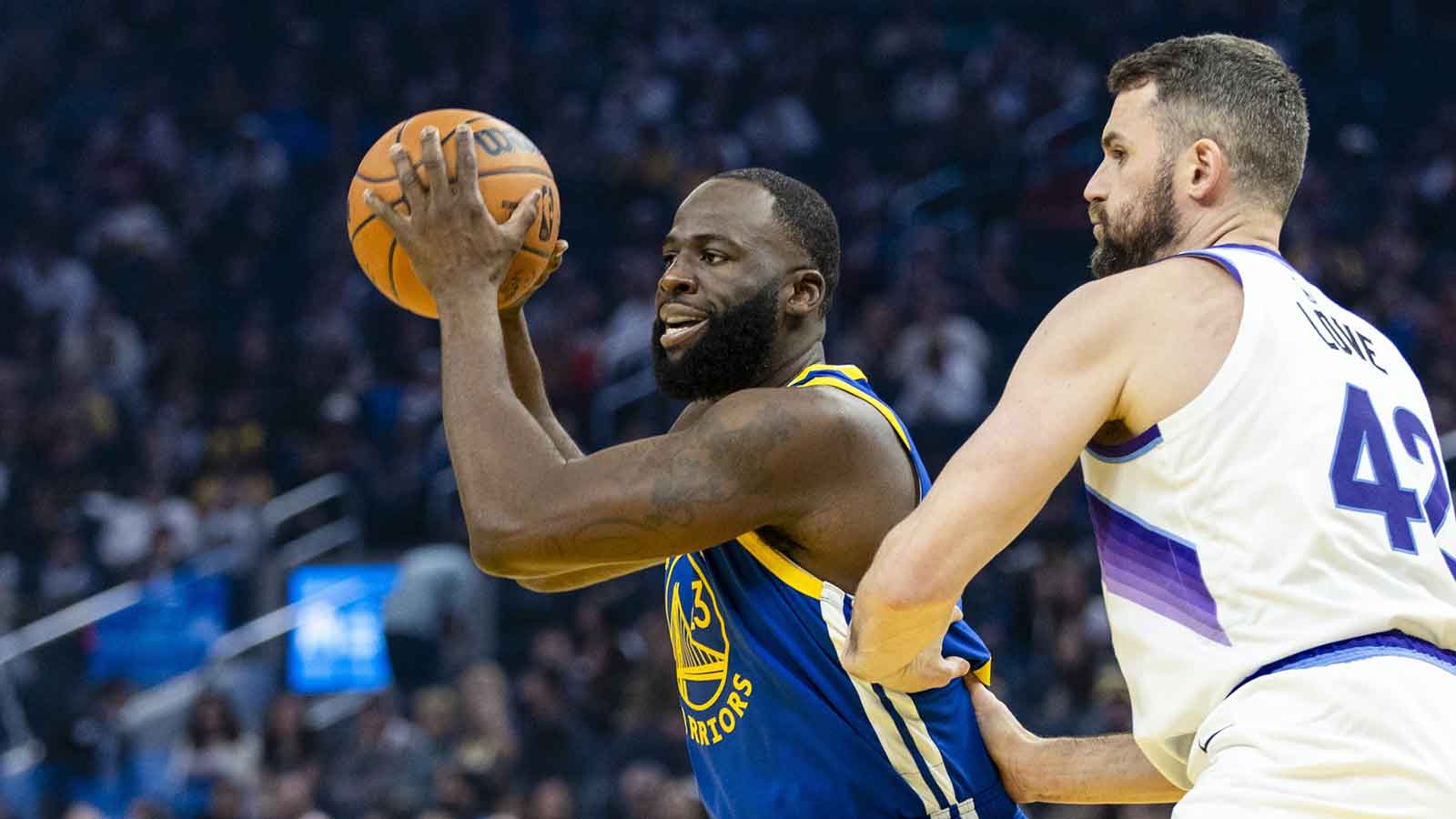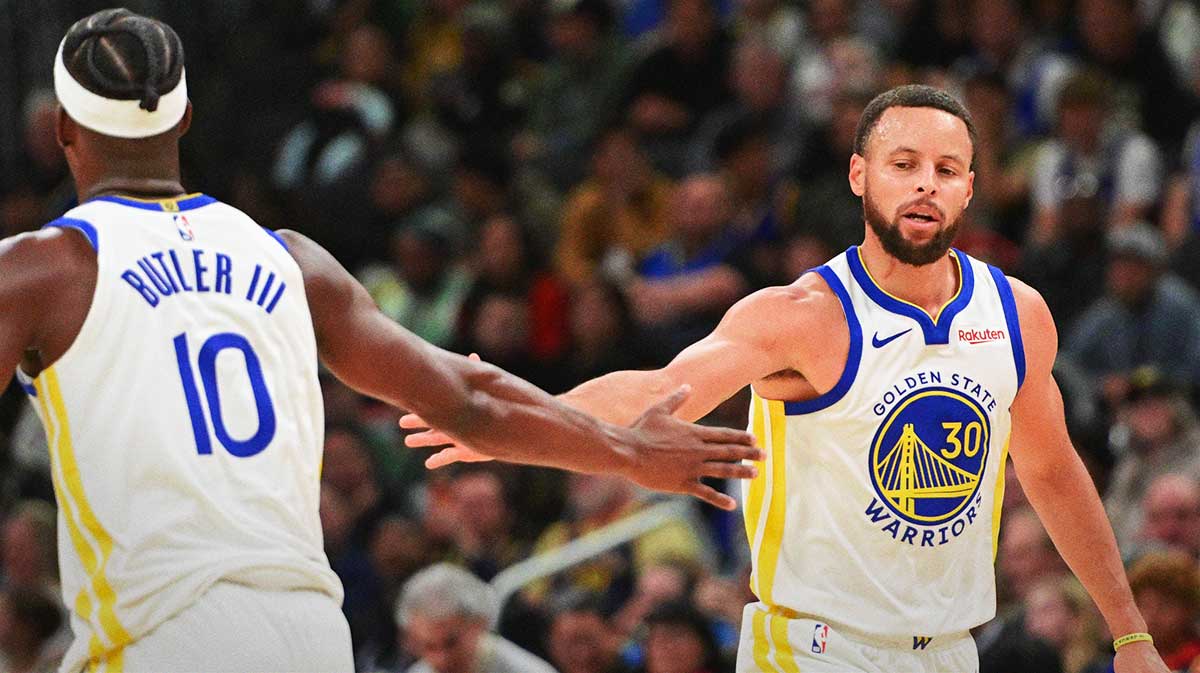In a recent episode of the Draymond Green Show, ex-Warrior and current TNT analyst Baron Davis revealed a humorous yet telling story about his time with the Golden State Warriors during the 2005 season. Davis, known for his candid and charismatic personality, recounted how he completely cut off communication with then-head coach Mike Montgomery, highlighting the disconnect and frustration he felt under Montgomery's leadership.
During the episode, Davis humorously described his approach to handling the strained relationship with Montgomery, saying:
“I had to tell Mike Montgomery don't talk to me for the rest of the year bro, don't say nothing to me.” Davis explained that he felt Montgomery's coaching style was ineffective and disconnected from the players' needs.
“You ain't telling us nothing to help ourselves out here. You’re just out here coaching, you know what I mean, like you just coaching bro you just coaching,” Davis elaborated.
Draymond Green, the host of the show, shared similar sentiments about coaches who prioritize their own preparation over understanding and responding to their players' needs.
“I hate coaches like that because it's all about you. You're going to over prepare us, which we don't need, like all of that, and it's ultimately just so you can feel good about yourself” Green said.
Montgomery's tenure with the Warriors was brief and largely unsuccessful, lasting only two seasons from 2004 to 2006. Both seasons ended with identical 34-48 records, a far cry from the success he experienced as a college coach.
Montgomery had a storied college coaching career, particularly during his 18 years at Stanford University, where he amassed a 677-317 record. However, his transition to the NBA was rocky, as he struggled to adapt his coaching style to the professional level.
The Warriors' fortunes changed significantly after Montgomery's departure. The team brought back legendary coach Don Nelson, whose innovative approach and understanding of his players helped spark the “We Believe” era. This period saw the Warriors become one of the most exciting and beloved teams in the league, culminating in their stunning playoff upset over the top-seeded Dallas Mavericks in 2007.
What went wrong with Montgomery and the Warriors?
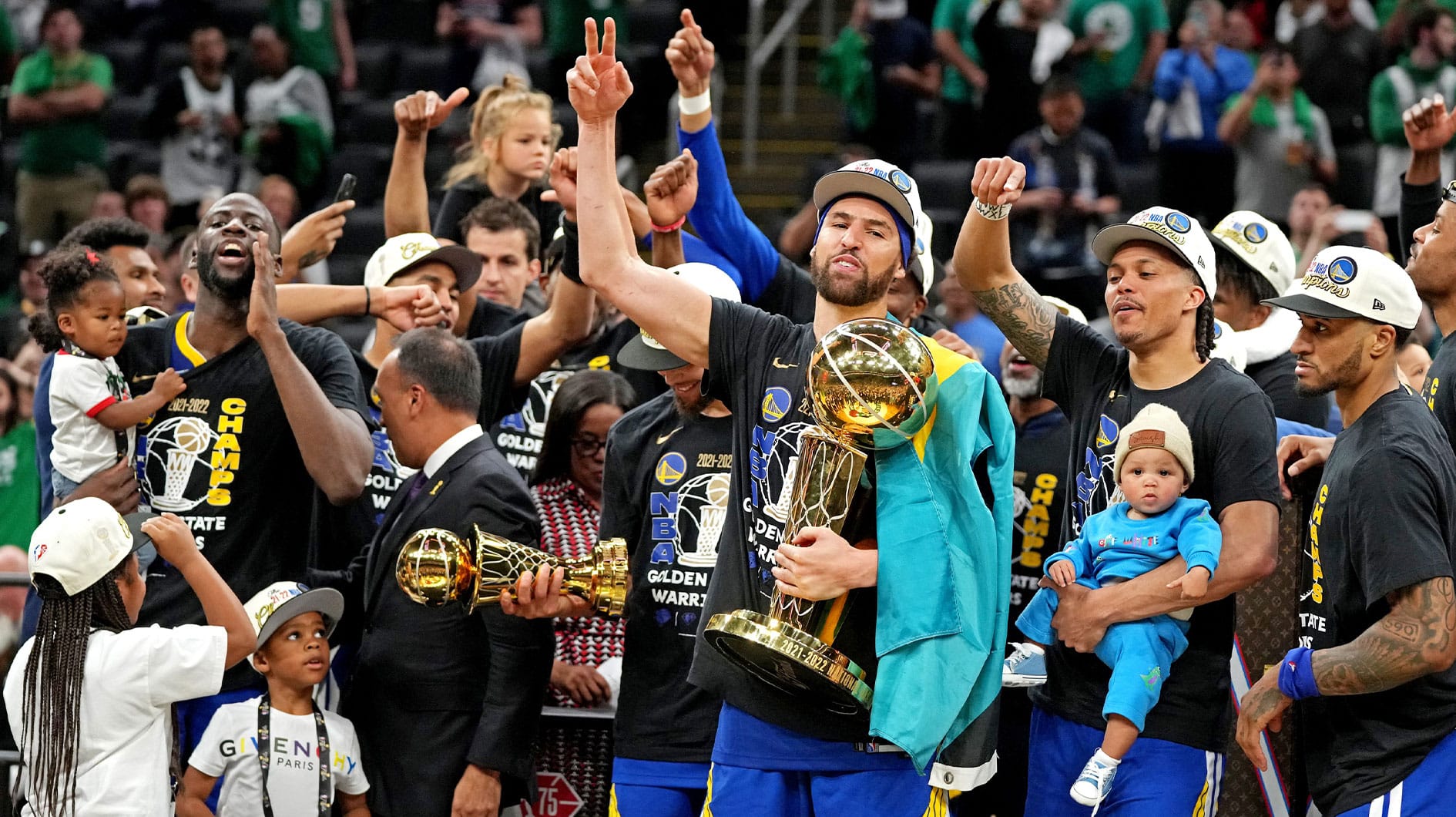
Davis's recollection sheds light on a common issue faced by many successful college coaches when they make the jump to the NBA. The difference in coaching styles required for college and professional basketball can be stark, and not all coaches can make the necessary adjustments.
College coaches often have more control and can focus heavily on X's and O's, but NBA players, who are professionals with significant experience and skill, often require a different approach—one that emphasizes communication, flexibility, and understanding individual players' needs.
Montgomery's failure to transition successfully to the NBA is part of a broader trend. Many coaches who achieve great success at the college level struggle in the NBA. This can be attributed to several factors, including the differences in player maturity, the length and intensity of the NBA season, and the need for more nuanced player management skills.
Davis's anecdote is not just a humorous tale of a player's rebellion against his coach; it also highlights the importance of effective communication and adaptability in coaching.
For the Warriors, the shift from Montgomery to Nelson marked a pivotal change in the team's culture and performance. Nelson's return brought a renewed sense of energy and creativity, which resonated with the players and fans alike.
The “We Believe” Warriors became a symbol of resilience and underdog spirit, qualities that were absent during Montgomery's tenure. This era is remembered fondly by fans, not just for the on-court success but for the way the team captured the imagination and hearts of the basketball community.
Baron Davis's story serves as a reminder of the critical role that coaching dynamics play in the success of a team. It underscores the need for coaches to be more than just strategists—they must also be leaders, communicators, and adaptable thinkers.
As the Warriors continue to build on their legacy, the lessons from the past, including those from the turbulent 2005 season, remain relevant. The ability to connect with and inspire players is as crucial today as it was then, and it will continue to be a cornerstone of successful coaching in the NBA.








